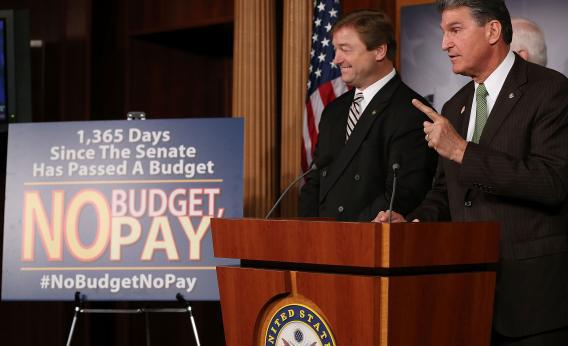I haven’t written about this because it didn’t seem very confusing. But as “No Budget, No Pay” rolled through the House, Democrats and contrarians argued that it wasn’t constitutional. Their proof: The 27th Amendment:
No law, varying the compensation for the services of Senators and Representatives, shall take effect, until an election of Representatives shall have intervened.
“Doesn’t that mean,” ask critics, “that Republicans can’t deny pay to senators if they fail to pass a budget?”
It would, but Republicans thought about that. Last Friday, a Boehner spokesman explained to me that a failure to pass a budget would put senators’ paychecks in escrow. They would not get paid until they passed a budget – or until the end of this Congress, whichever comes first. The only way to enforce a No Pay rule would be to pass it now and make it apply to the 114th Congress. That hasn’t happened yet.
